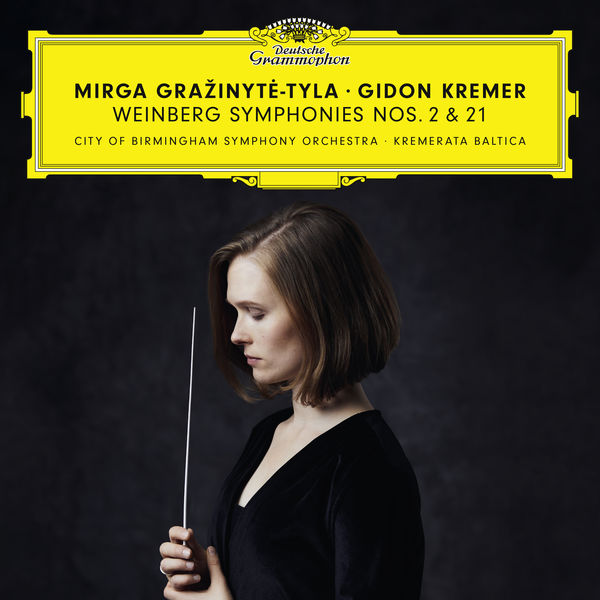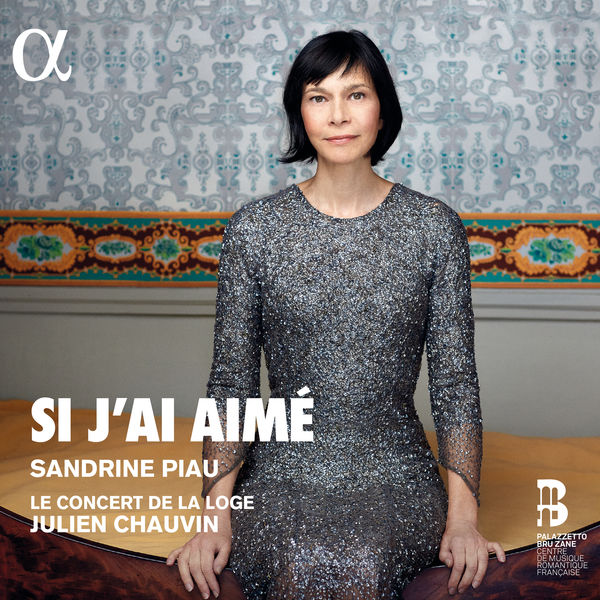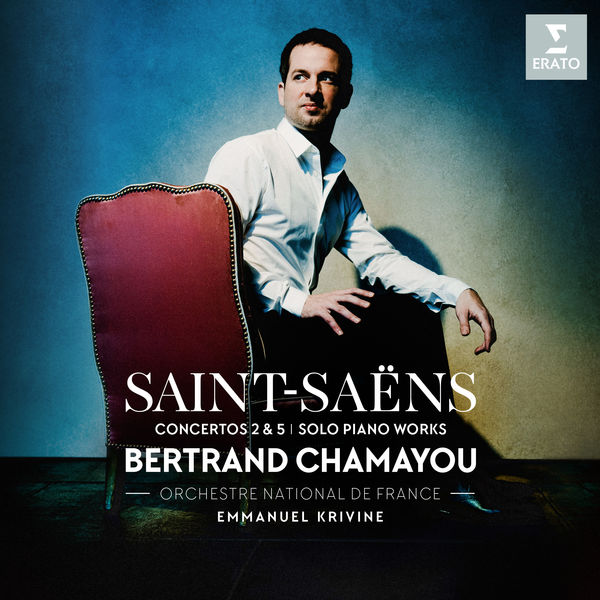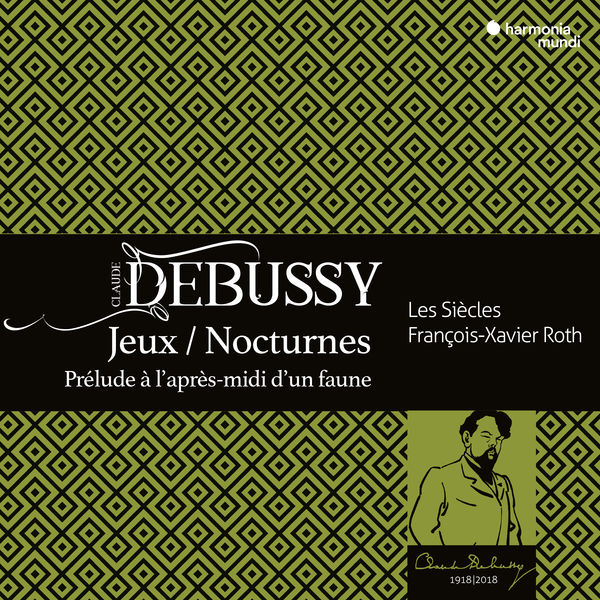Brahms’ 4th Symphony
I started this blog writing extensively about Brahms’ 1st symphony, and why it means so much to me, and why to this day I’m still looking for my “perfect” version.
I’ve also reviewed Andris Nelsons’ excellent Brahms cycle with the Boston Symphony some time ago (5 stars). I’ve also found a favorite version of Brahms 2nd symphony
But I’ve never written explicitly about Brahms 4th symphony.
To me, there’s a clear (personal) hierarchy among the Brahms symphonies. The first will always come, well, first, the 2nd is still nice but I listen to it much more occasionally, the 3rd is beautiful, but has the super famous 3rd movement that has been a bit overused in popular culture. And then there’s the 4th symphony.
After all, this could actually be the greatest masterpiece of all of them. Why? Well, I’m just totally in awe of the fourth movement, which is basically just a set of variations on a very simple motif, a Passacaglia. I’ve written before how much I really appreciate variations these days, they are a true art form (even though it is something that one appreciates only after some learning), be it the Goldberg variations, the Diabelli Variations, or Brahms several other variations, like the Haydn or Händel variations.
Each one of these little variations in the 4th movement is such a gem, with an emotional depth (some say down to very deep despair) in a bit more than 9 minutes. And unlike most other symphonies, this symphony doesn’t end in happiness. It starts in the e-minor key, and ends in e-minor. Compare this to Brahms own first symphony where you start with the nearly menacing timpani but you end in a chorale that tells you that all will end well. Nothing ends well here.
Don’t get me wrong, it is not only the last movement that is fantastic. In this symphony there’s more than enough to discover in each of the movements. In comparison, Brahms’ 1st has a fantastic first and last movement, but the two in between feel more like an interlude.
Brahms: The Symphonies – Riccardo Chailly – Gewandhausorchester Leipzig (Decca 2013)

So, now to my current favorite version of the 4th. I put the “current” in the title, as I always keep discovering and looking, and my taste clearly changes and evolves over time.
Before I get into Chailly’s excellent recording, a quick note on some other versions you should check out. Many critics will give you Carlos Kleiber’s legendary recording with the Vienna Philharmonic, and they have a point. It really among the best. I’ve long been in love with Fritz Reiner’s beautiful reading with the Royal Philharmonic. Another all time classic is George Szell with the Cleveland Orchestra. (Side note: Szell takes the 4th movement much more slowly at 10:42 compared to Chailly’s 9:23, only to be exceeded by Karajan’s reading with 10:49, as well as Kurt Masur in 10:52).
If we look at the more contemporary versions, beyond the already mentioned Andris Nelsons, you should also check out John Eliot Gardiner’s historically informed reading with his own Orchestre Révolutionnaire et Romantique (I’m not totally convinced of his approach, but it is nevertheless quite insightful).
But now enough of the alternatives, here’s my current champion: Riccardo Chailly with the Gewandhausorchester. By the way, this is not the first recording I love from Chailly in Leipzig, my favorite version ever of the Bruch violin concerto with Janine Jansen was recorded with this great team, and the same recording also features my favorite Mendelssohn violin concerto (mentioned in my 25 Essential Classical albums). Chailly’s recording of the Brahms piano concertos with Nelson Freire is also one of my all-time favourites, and the complete Brahms’ serenades recording is also outstanding.
So why do I prefer Chailly over all the other versions mentioned? I’d say it is not one little thing, but a sum of all the small things. This recording just feels “right”, balanced, nuanced, going deep when it needs to, but still tightly controlled.
And this doesn’t only apply to the 4th symphony. As you can only get this as a box set (if you decide to buy and not to stream, which I strongly encourage you to do), you’d also need to know that all the other three symphonies are top notch. They are IMHO, together with Nelsons, the best contemporary set you can buy.
To compare the two: Nelsons & the BSO really go big, this really is Brahms in Cinemascope in the great tradition of Karajan. Chailly’s approach in pretty much all cases is a bit more nuanced and delicate. Both versions really have very strong merit, and you won’t be disappointed with any of them.
And on top of that, going back to Chailly, in this very reasonably priced set, you also get most of the other orchestral works that Brahms has written, e.g. the above mentioned Haydn-Variations, the Tragic Overture, the rarely played Liebeslieder Walzer, and even to wrap it up some of the famous Hungarian Dances.
My rating: 5 stars
You can find it here (Qobuz)











































